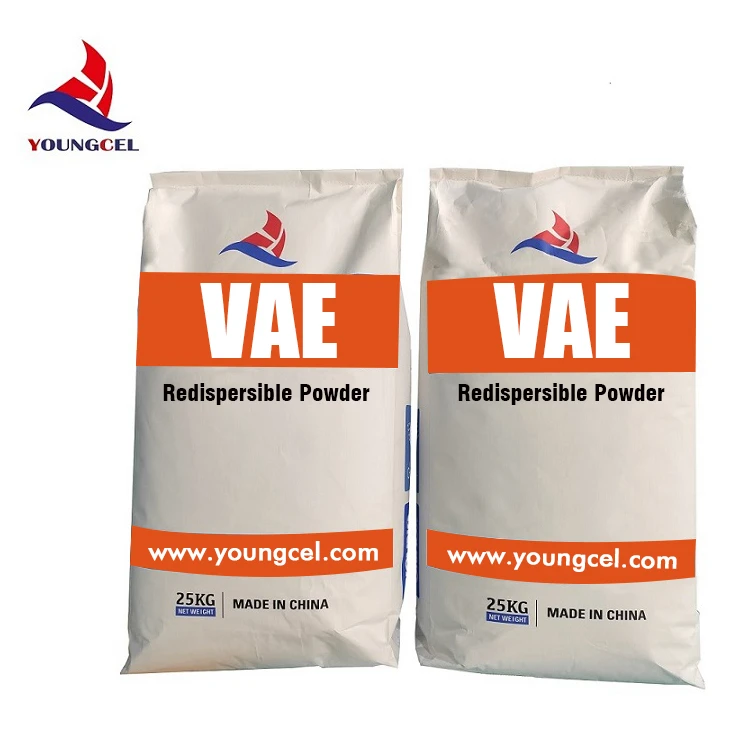Understanding Cement Dissolver Chemicals Their Composition and Applications
Cement dissolver chemicals play a pivotal role in various industries, particularly in construction and maintenance. As the name suggests, these substances are specifically designed to dissolve cement and concrete residues, making them invaluable for cleaning equipment and surfaces that have come into contact with cement. Understanding their composition, functionality, and applications will shed light on their importance in both industrial and domestic settings.
Composition of Cement Dissolver Chemicals
Cement dissolvers are primarily composed of acids or alkaline solutions, which have the ability to break down the calcium compounds present in cement. The most commonly used acids include phosphoric acid, hydrochloric acid, and citric acid. Each of these acids has unique properties that affect how they interact with the cement
1. Phosphoric Acid This acid is often favored for its ability to break down the components of cement without causing significant damage to surrounding materials. It's commonly used in health and food processing industries to remove scale and buildup.
2. Hydrochloric Acid This strong acid is very effective at dissolving cement and concrete but must be used with caution due to its corrosive nature. It is often diluted before application to reduce potential damage to metal surfaces and to minimize hazardous fume release.
3. Citric Acid This is a milder option that is often preferred for cleaning purposes where environmental impact is a concern. It is biodegradable and less harmful, making it suitable for use in sensitive areas.
4. Surfactants Many cement dissolvers also incorporate surfactants to enhance their effectiveness. Surfactants aid in penetrating the cement matrix, allowing the acids to work more effectively.
Applications in Various Industries
cement dissolver chemical

Cement dissolvers have a wide array of applications across different industries
1. Construction In construction, workers often encounter spillage of cement on tools, equipment, and surfaces. Using a cement dissolver simplifies the cleanup process, ensuring that tools remain in good condition and ready for future use.
2. Maintenance of Machinery Heavy machinery used in construction is often exposed to concrete residue. Utilizing cement dissolver chemicals helps maintain these machines, thus prolonging their lifespan and ensuring they operate efficiently.
3. Restoration Projects In restoration work, especially when dealing with historic buildings, cement dissolvers are critical for removing unwanted cement without damaging underlying materials, such as old bricks or plaster.
4. Transportation In the concrete transport industry, trucks and mixers can accumulate cement build-up over time. Regular use of cement dissolvers is essential to prevent blockages and ensure the smooth operation of these vehicles.
5. Environmental Concerns With growing awareness regarding environmental issues, manufacturers are increasingly focusing on developing environmentally friendly cement dissolvers. These alternatives are designed to be less harmful and often use plant-based components that are biodegradable.
Conclusion
Cement dissolver chemicals are indispensable tools in the construction and maintenance industries. Their ability to effectively dissolve cement residues is not only beneficial for cleaning but also critical for ensuring the longevity and efficiency of tools and machinery. With a diverse range of applications and an ongoing shift towards environmentally friendly options, cement dissolvers will continue to play an essential role in various industrial processes. Understanding the composition and functionality of these chemicals helps us appreciate their significance in maintaining cleanliness and operational efficiency within the industry. As technology advances, we can expect further improvements and innovations in the formulations of these chemicals, making them even safer and more effective for users.
-
HEC 100000 Hydroxyethylcellulose for Paint | Superior ThickeningNewsAug.30,2025
-
Wall Putty Rdp Powder Packaging DesignNewsAug.29,2025
-
Introduction to Hpmc Hydroxypropyl Methyl CellulosNewsAug.29,2025
-
Hpmc Industri Grade IntegrationNewsAug.29,2025
-
How to Choose the Right Construction AdhesiveNewsAug.29,2025
-
Construction Adhesive StrengthNewsAug.29,2025




